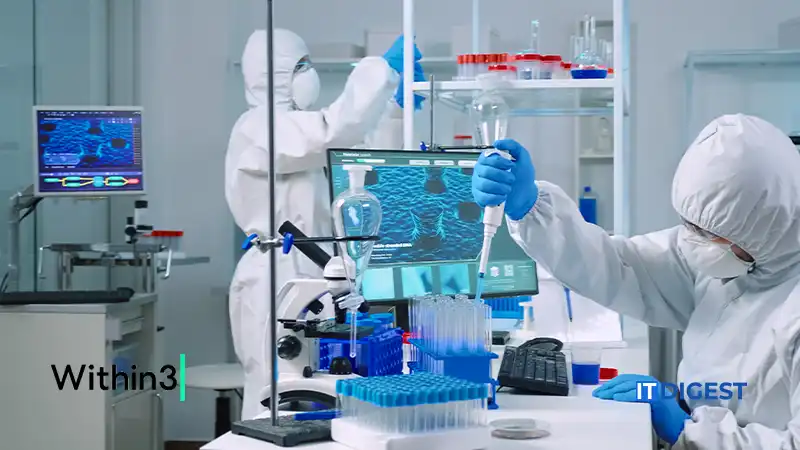Industrial biotechnology makes a significant contribution in cost reduction and the creation of new markets while also protecting the environment. There are different types of biotechnology such as health care and agricultural biotechnology but in the future as industrial biotechnology advances more it will have greater impact on the world.
It is comparatively faster and easier paths to reach the market because many industrial products don’t have to undergo the extensive review procedures like medical products do. The new industrial processes now go from lab study to commercial implementation in just two to five years, whereas drugs (medical products) can take almost ten years.
Working with nature to enhance and improve the existing biochemical pathways that can be employed in manufacturing is what it is all about. To identify and improve these nature’s enzymes, industrial biotechnology companies employ a variety of specialized procedures. With increasing application of multiple scientific disciplines to industrial technology, the adoption of Metabolic engineering among these disciplines has grown increasingly important.
Also Read: 5 Types of Business Technology All Businesses Should Invest In
This is due to an increased adoption of more and more industrial processes based on biotechnology. The purpose of metabolic engineering is to use genetic manipulation to increase the production of compounds of industrial purpose in microorganisms that serve as cell factories in this context. Also, Genomic study on Microorganisms is now assisting researchers in capitalizing on the genetic variety found in microbial populations.
Biotechnology’s application to industrial processes is rapidly reshaping the way we create certain products and has also offered ways of introducing new products that were previously unimaginable. Industrial biotechnology is still new and needs time to be fully in use, which is why businesses, governments, and consumers are still unfamiliar with its many benefits. Here are three of the most important benefits of industrial biotechnology.
3 Important Benefits of Industrial Biotechnology
Industrial biotechnology can successfully tackle issues like pollution, resource conservation, cost reduction etc. However, it has even more crucial benefits that can impact our daily lives.
Economic Benefits
As now we know that the modern application of industrial biotechnology consist sustainable processing, production of chemical products etc., considering its economic benefit is unskippable. Its economic impact largely depends of technological advancements, policy frameworks, feedstock prices and overall demand.
From enzymes in the chemical industry transforming production processes to feedstock prices becoming important due to fine chemicals moving to the commodities section, the economic benefits of industrial biotechnology are many.
Environmental Benefits
For the development of sustainable production processes industrial biotechnology is an important tool. It has immense potential to reduce adverse pollution impact, it can potentially reduce air and water pollution, lower energy consumption, reduces waste and much more.
Society-based Benefits
Apart from economic and environmental benefits industrial biotechnology has many societal benefits as well. As it makes industries more sustainable it can further help in many society-based factors as well such as – developing new technological platforms, creating job opportunities or job retention, reducing our dependence on non-renewable resources etc.
Also Read: How To Use Video Marketing To Attract More Customers For Your Business?


































